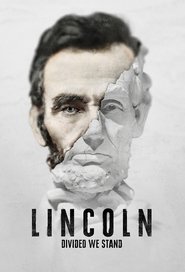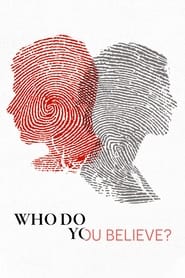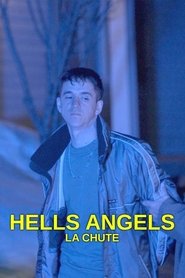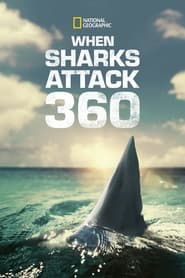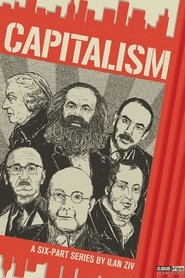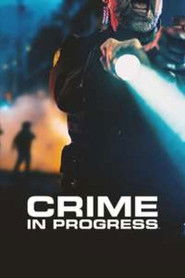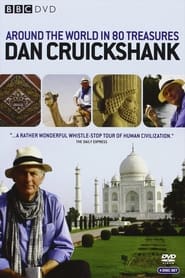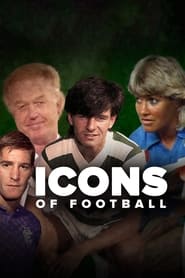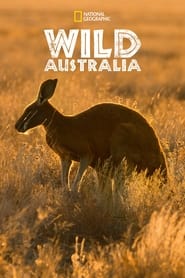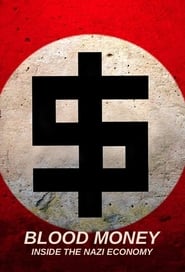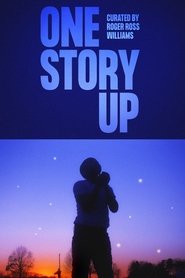Documentary TV Series - Page 338
-
Lincoln: Divided We Stand
2021
star 9.2Narrated by Sterling K. Brown, this six-part docuseries takes a comprehensive look at the remarkable and unexpected story of Abraham Lincoln by exploring his complicated inner world, seamlessly interweaving his tragic personal life with his history making political career. The series uses a mix of expert interviews, cinematic recreations, rare artifacts, and never before broadcast photos and letters to take viewers on a transcendent journey into the life and times of this iconic U.S. president. -
Egyptian Vice
2015
Egyptian Vice
2015
Throughout human history, there have been sinister desires driven by animalistic lust, and the Ancient Egyptians were no different. From Rameses II, who bent the truth and made himself a god on the earth, to Cleopatra, who engaged in incest and used her sex appeal as a weapon, this History Channel movie explores the dark side of one of the greatest empires in history. -
First Responders Live
2019
star 7A live in-depth look at the brave American heroes who put their own lives on the line as they race into danger to save others. Television journalist Josh Elliott puts the spotlight on first responders, such as police officers, EMS technicians and firefighters who risk their lives every day to ensure the safety of their communities. -
Who Do You Believe?
2022
Who Do You Believe?
2022
star 5Simultaneous storytelling takes viewers through compelling true-crime cases from dual perspectives. The audience steps into the shoes of two contrasting narratives to hear the recounts directly from the victims and criminals with never-before-revealed details. -
When Sharks Attack 360
2023
star 10An international team of experts hunts for clues as they investigate why sharks bite humans. They unravel the surprising threads that link these incidents. As the evidence mounts, they analyze data in a cutting-edge VFX shark lab to understand in forensic detail why sharks attack. -
AFP: American Fighter Pilot
2002
star 10AFP: American Fighter Pilot is a reality series broadcast briefly on CBS in 2002. It followed three Air Force officers as they trained to become pilots of F-15 fighter jets at Tyndall Air Force Base outside of Panama City, Florida. The series included footage of their experiences in the air, as well as interactions with their families and instructors. Directors Tony Scott and Ridley Scott were co-executive producers. Unsuccessful in the ratings, the series was cancelled after two episodes. -
Capitalism
2014
Capitalism
2014
star 8.2Capitalism has been the engine of unprecedented economic growth and social transformation. With the fall of the communist states and the triumph of "neo-liberalism", capitalism is by far the world's dominant ideology. But how much do we understand about how it originated, and what makes it work? -
Crime in Progress
2026
Crime in Progress
2026
star 7.3The story of each crime is woven together through raw, unfiltered video from the point of view of officer body cam and surveillance footage for a first-hand look at justice in action. Each episode follows the entire arc of an investigation - capturing crimes as they unfold in real time, exactly as they happened, with no reenactments or narration. From the first 911 call to the final verdict, every angle, every split-second decision, and every pulse-pounding confrontation is presented in vivid detail. The result is a visceral, edge-of-your-seat experience where viewers feel the weight of responsibility as officers make instant, life-altering choices, giving an unparalleled, 360-degree view of each case. -
Murder Unboxed
2020
Murder Unboxed
2020
star 8.5Witness the unboxing of real case evidence while hearing from the actual investigators, prosecutors, and witnesses. Full of twists and turns, each episode will connect the dots of seemingly unrelated evidence to tell the story of what happened. -
Chef's Table: BBQ
2020
Chef's Table: BBQ
2020
star 7.2The Emmy-nominated series delves into the juicy, smoky world of barbecue, visiting acclaimed chefs and pitmasters in the US, Australia and Mexico. -
Pilgrimage of Wealth
2013
-
Fresh, Fried & Crispy
2021
star 7Passionate about food and ready for fun, critic Daym Drops drops in on America's smokin' hot spots for the best, freshest takes on fried food. -
Around the World in 80 Treasures
2005
star 4Cruickshank takes a five-month world tour visiting his choices of the eighty greatest man-made treasures, including buildings and artifacts. His tour takes him through 34 countries and 6 of the 7 continents. In addition to seeing some of the world's greatest treasures, Cruickshank tries many different kinds of food including testicle, brain, and insects. His means of transportation included airplanes, trains, camel, donkey, foot, bicycle, scooter, hang glider, and boats. -
Icons of Football
2023
Icons of Football
2023
The incredible stories of how some of Scottish football’s biggest stars made their names on the pitch... and off it. -
Wild Australia
2014
Wild Australia
2014
star 7.1It might be one of the most famous continents on the planet, but the story of Australia hasn't been told quite like this before. In a four-part world premiere blue-chip wildlife series, come face-to-face with Australia’s most iconic – and most mysterious – animals including the cassowary, tree-kangaroo, dingo, echidna and platypus as they soar, swim and stalk through the unspoiled and spectacular environment. -
LES NAZIS ET l'argent
2021
star 6June 1940: Hitler launches tanks and troops across France, Belgium, and Holland. Germany is impoverished, has few raw materials, and no oil or currency. How did the Nazis manage to set off the cataclysm of WWII with such little money and a weak economy? Based on the work of a new generation of French, British and German historians, we take an economic, industrial and financial approach to the Third Reich, exploring the inner workings of the Nazi system through key characters who have been overshadowed by history. -
One Story Up
2020
-
Trauma: Life in the E.R.
0000
star 8.2Trauma: Life in the E.R. is a medical-based television reality show that formerly ran on TLC from 1997 to 2002 and reruns are currently airing on Discovery Fit & Health. At its peak, Trauma was one of TLC's top-rated shows and spawned two spin-offs, Paramedics and Code Blue.
